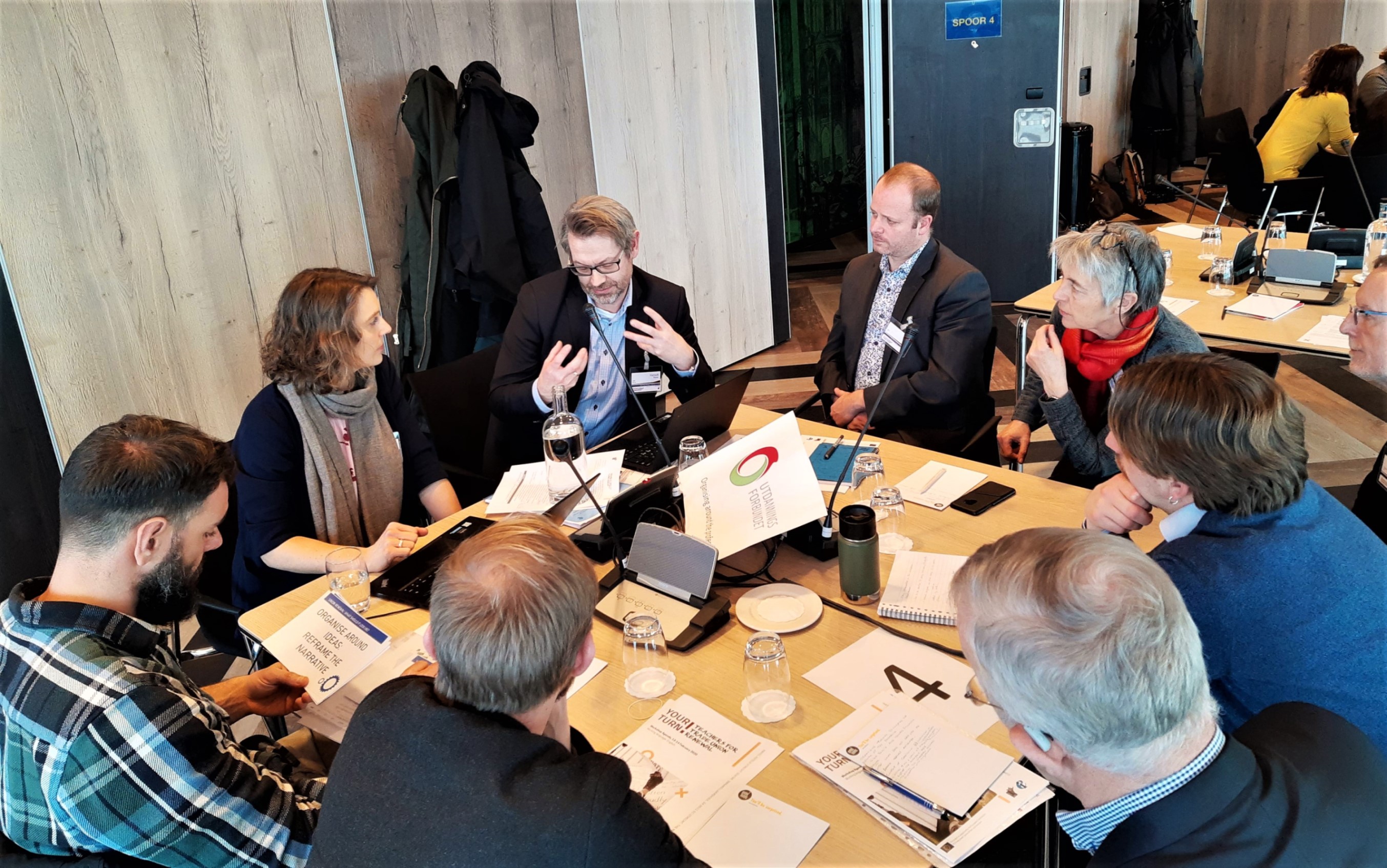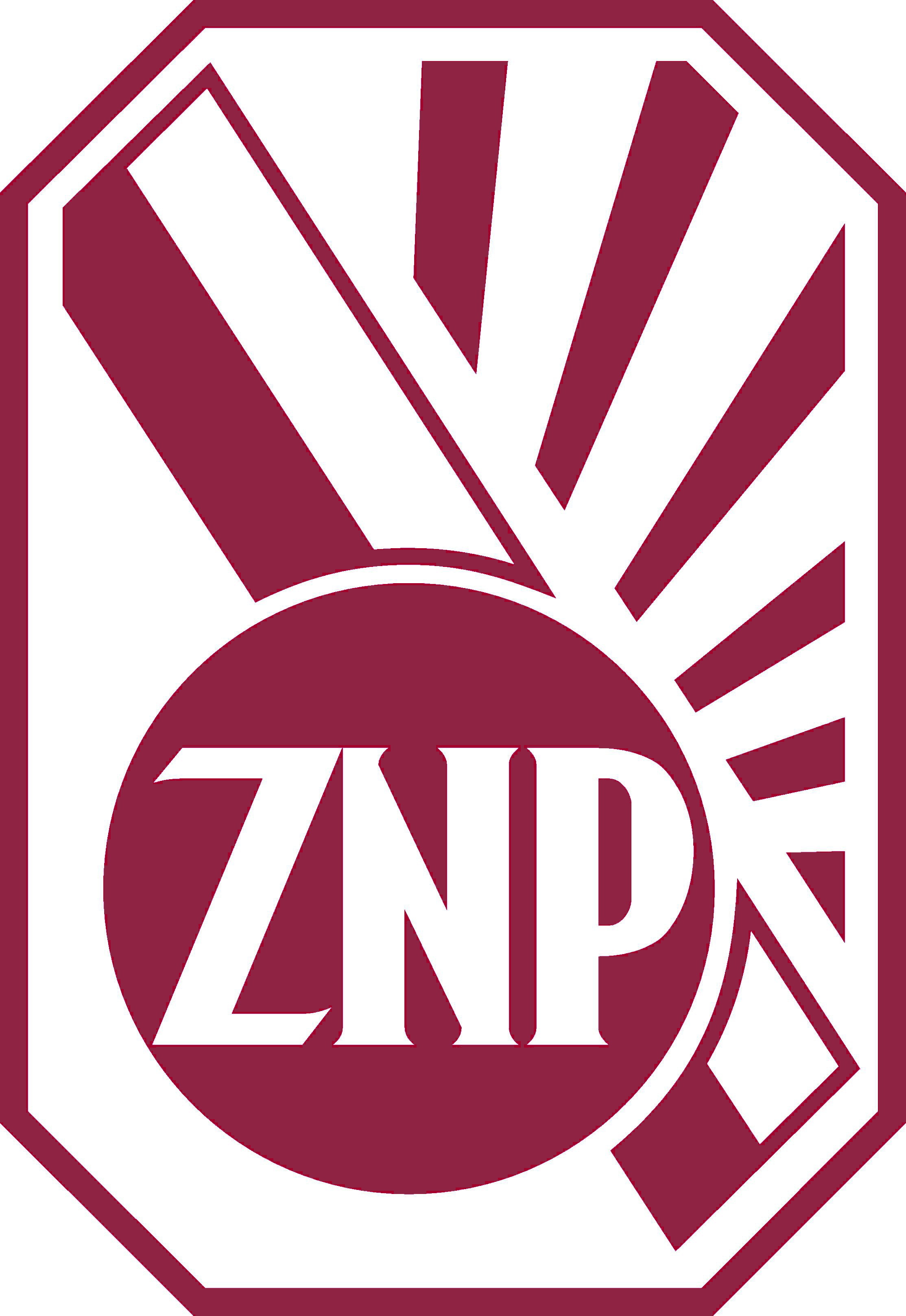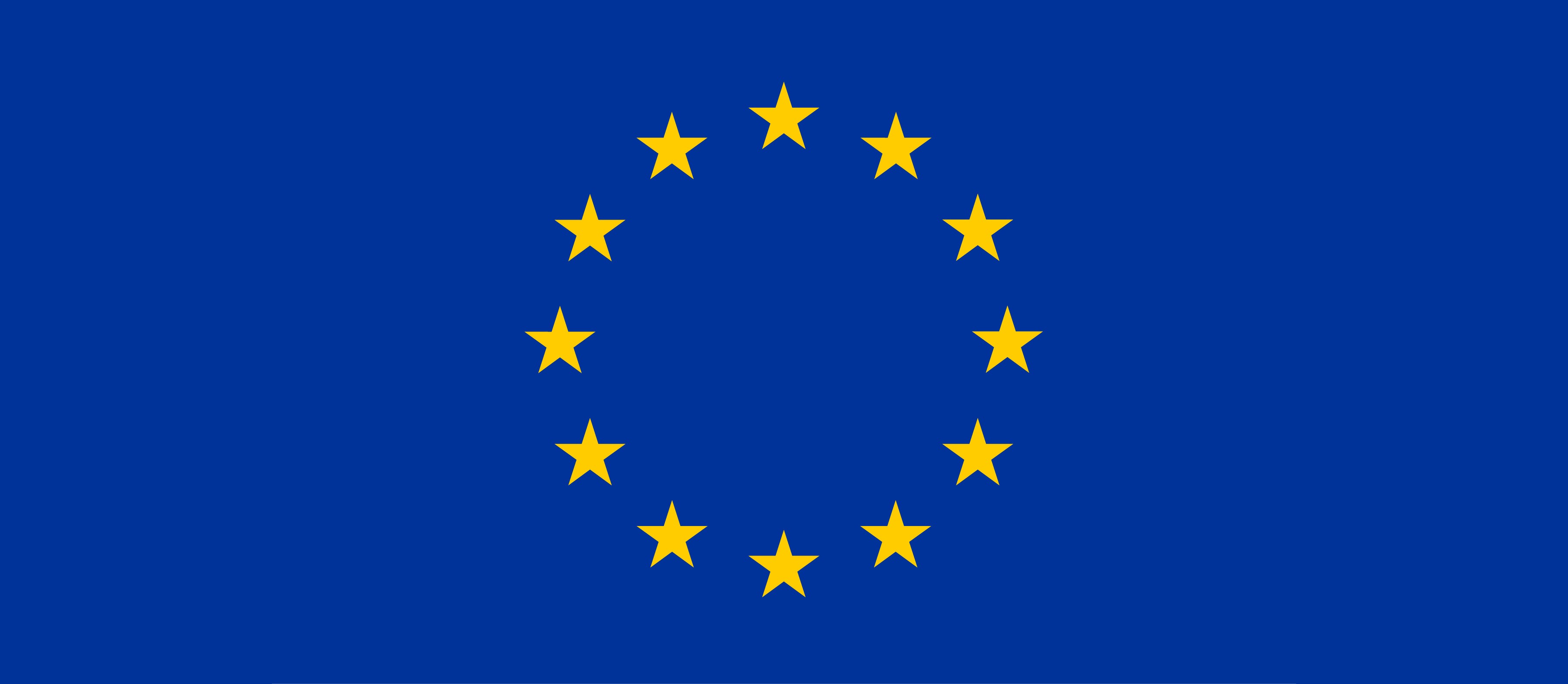2nd Training Workshop
13-14 February 2020
This project is concerned with the experiences of education trade unions as they seek to respond to changes in the world of work of teachers and other education personnel. It promotes the sharing of experiences and of strategies being adopted by education trade unions as they engage in a process of renewal to maintain their strength at the bargaining table and their ability to shape public policy, including the support of universal, free, quality education. The project activities resulted in a ETUCE Action plan on organising and renewal.

Advisory Group
- Dorien König AOb Netherlands
- Claudio Franchi FLC-CGIL Italy
- Dorota Obidniak ZNP Poland
- Elina Stock GEW Germany
- Rodrigo Seoane Ruano FECCOO Spain
- Rob Copeland UCU UK
- Elis Randma EEPU Estonia
Funding
The project is co-financed by the European Commission.
Related topics
Our YOUR TURN! project is bringing ETUCE member organisations together to share their experiences and ideas on a vital transnational issue for our movement: trade union renewal. The second workshop took place in Utrecht, the Netherlands, with around 35 representatives travelling to the event from Belgium, Denmark, Germany, Iceland, Ireland, the Netherlands, Norway, Spain, Sweden and the UK.
Education personnel and their trade unions work in a world that is changing. At this event, union representatives spent two days reflecting on the factors which are driving this change. The aim was to identify the factors, both new and long-standing, which offer unions an opportunity to become even more relevant to teachers and education personnel and thereby build their power through membership recruitment, engagement and activism.
Some of these trends and concerns find their origins in causes outside the trade unions: privatisation of education; workload intensification; increasing fragmentation and competition in society. These changes are having an impact on the way that countries try to provide quality education for all children and students, with major consequences for teachers’ working environment. Other shifts come from within the trade unions themselves and originate in the growing need to develop the organisations around the entirety of the membership. This means refocusing on the needs of those at the edge of the labour market, such as new teachers or younger workers. Our collective reflexion on this complex and changing context made clear that there is an urgent need for union trade renewal.
The discussions showed that, although every country might face its own situation, there are common patterns. This triggered a rich conversation on how to better link local and international levels of our movement. Participants put forward ideas for collective actions, which can strengthen individual unions and ensure that none are isolated or left alone in their mission to shape the future of quality education. Indeed, the defence of education as a public good for the benefit of all students remains the primary concept around which unions organise their action.
To tip the scale and address these growing challenges, participants shared their experiences of reshaping the way they work in order to adapt to a new environment. However, they also stressed the need to hold onto a set of common values which have been anchored in trade union action for decades, such as solidarity, defence and democratic participation.
At the workshop, participants shared the new practices that their organisations have been developing to build and engage their membership. Union representatives from Germany, Norway, Sweden and the UK gave a practical overview of recent developments in their own unions. This activity enabled participants to identify practices from other countries, and to compare views and experiences on issues such as the inclusion of under-represented groups, of young teachers and other education personnel, and approaches to organising unions around the profession and around the workplace.
To build strength, trade unions have developed leadership skills across the union and its activists, while refocusing on the needs of the teachers and education personnel who are most marginalised in union structures. To better engage their members, they have mobilised around issues that are relevant for teachers and educators, for the school community and for society. Participants also agreed on the necessity for a greater connection between the industrial and the professional aspects of education trade unions’ work, with better links between the base and the representatives and across cultures within the unions.








